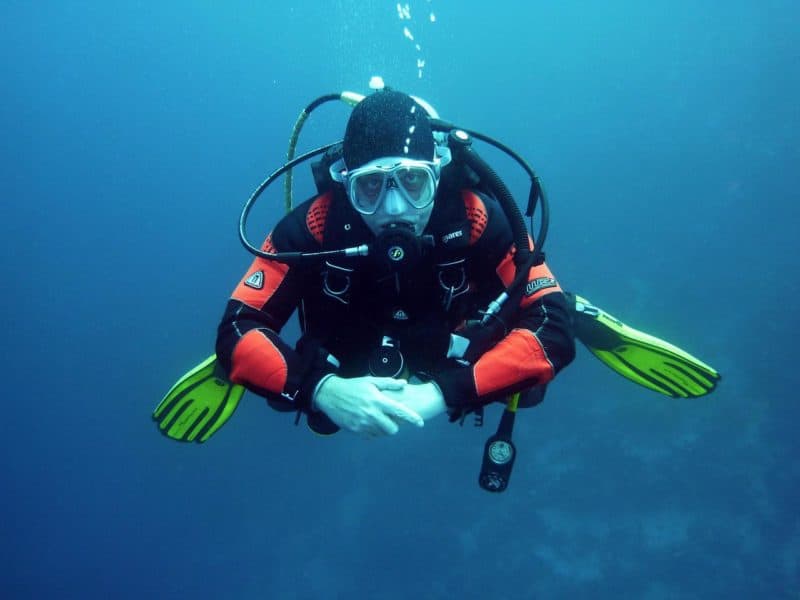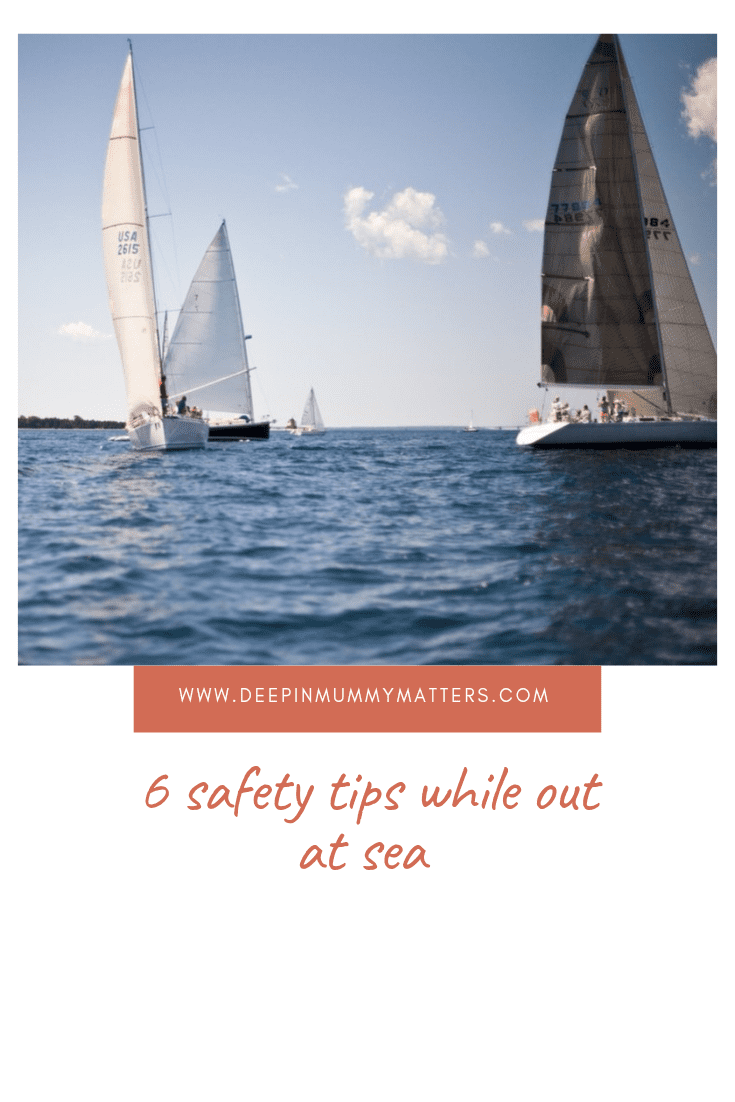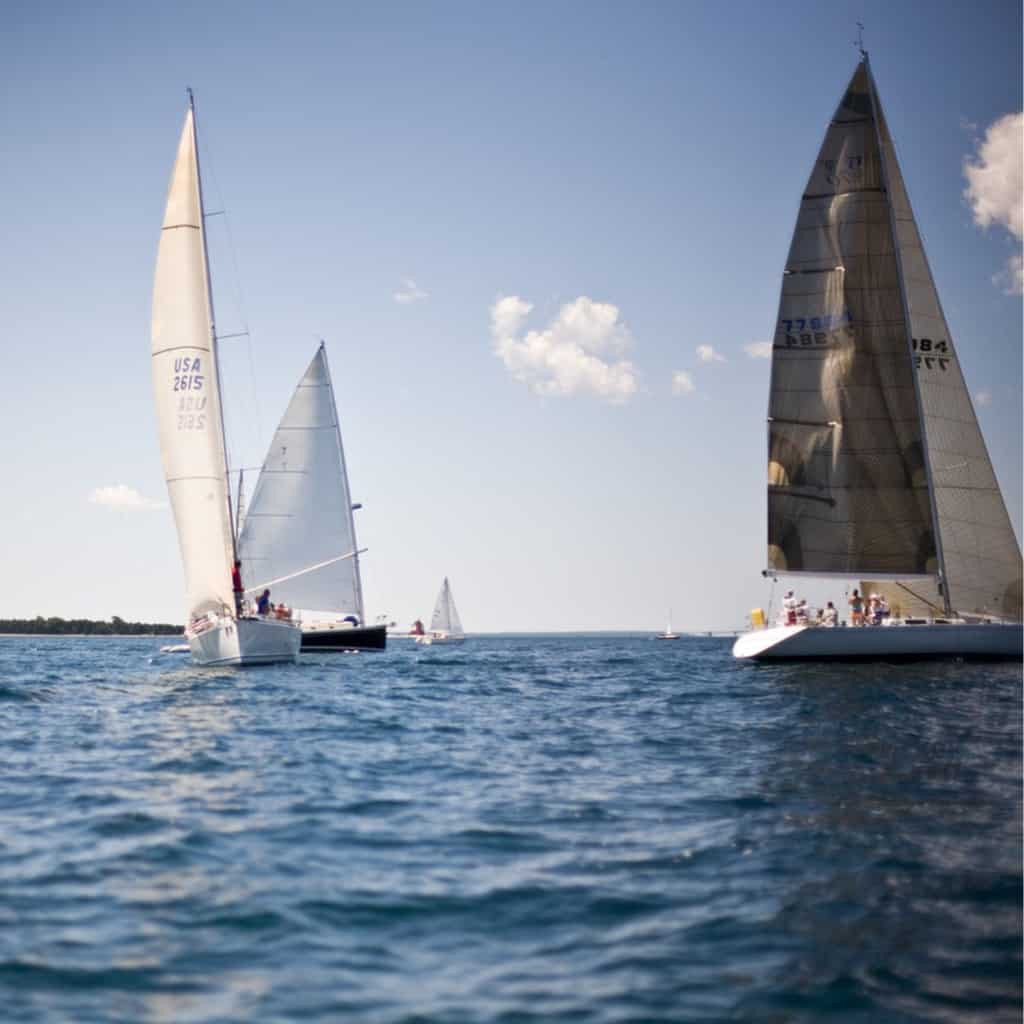We’ve all fantasized about sailing the open seas and beautiful oceans of the world. The sense of freedom, adventure, and possibilities are endless. Being on the water can make even the most stressful people feel relaxed. But we must never forget that being out at sea can be dangerous. It’s essential to prepare for your trip well in advance, especially if you plan to go on a long voyage or remote areas.

Here are some safety tips to help you have a safe and enjoyable time out on the water:
1. Know Your Boat and Its Capabilities
It’s important to know your boat well and to understand its capabilities. You should be familiar with all the controls and how to operate them. You should also know the capacity of your boat and how many people it can safely hold. Knowing your boat will help you avoid situations where you may get into trouble. A scuba diving accident happens because the diver does not know the capabilities or the limits of their equipment. Being familiar with your boat will also help you troubleshoot problems if they arise.
2. Bring Emergency Kits
Emergency kits are also important when going into the sea or any open water bodies. These kits contain medical supplies such as bandages, antibiotics, gauze pads, and more that can be used if anyone gets injured while they’re out at sea. The kit should also include a flare gun and flares, a radio, and a whistle. These will come in handy if you need to call for help. It’s also good to bring a first aid kit with basic medications if someone gets sick while away from land (like seasickness).
3. Check the Weather before Setting Sail
Checking the weather forecast is crucial before setting sail. You need to know what the conditions will be like to dress appropriately and plan your route accordingly. The best way to stay updated on the weather conditions is to listen to the marine weather forecast before leaving port. The last thing you want is to be caught in a storm or bad weather. Storms at sea can be hazardous and even deadly. If a storm is brewing, it’s best to stay in port until it passes.
4. Have a Float Plan
A float plan is an itinerary of your trip. It should include your intended destination, route, and estimated arrival time. It’s a good idea to leave a copy of your float plan with a friend or family member so that they know where you are and when you’re expected to return. If something happens to you, they will know where to start looking for you. Your float plan should include the following information:
- The names of the people on board
- The name and type of boat you’re sailing
- Your departure and expected return dates
- Your intended route
- The contact information for the person you’ve left your float plan with
5. Wear a Life Jacket

Wearing a life jacket is always a good idea, even if you know how to swim. If you fall overboard, a life jacket will help to keep you afloat until someone can come to your rescue. The main purpose of a life jacket is to keep your head above water so that you can breathe. It’s also good to have extra life jackets on board if anyone else falls into the water. You should also make sure that everyone on board knows where the life jackets are stored and how to put them on. Most life jackets also have a whistle attached to them. This can signal for help if you find yourself in an emergency.
6. Be Careful with Fire
Fire is a big risk when you’re out at sea. If a fire starts on board, it can quickly spread and consume the whole boat. It’s dangerous to have an open flame on a boat, so be careful when using any flame. Fire at sea is caused by many things such as cigarettes, cooking, electrical equipment, and more. To avoid fire onboard, you should take some precautions:
- Don’t smoke inside the boat or near flammable materials.
- Don’t leave candles or lanterns unattended.
- Keep a fire extinguisher on board and ensure everyone knows how to use it.
- Check your electrical equipment regularly for signs of wear or damage.
- Be careful when using any open flame.
By following these safety tips, you can help to ensure that everyone has a safe and enjoyable time out on the water. If you or your loved one is planning a trip, print out this list and keep it handy. And remember, always err on the side of caution when it comes to safety. Remember always to use common sense and to be prepared for anything. Don’t take risks, and never sail alone if you can help it.


